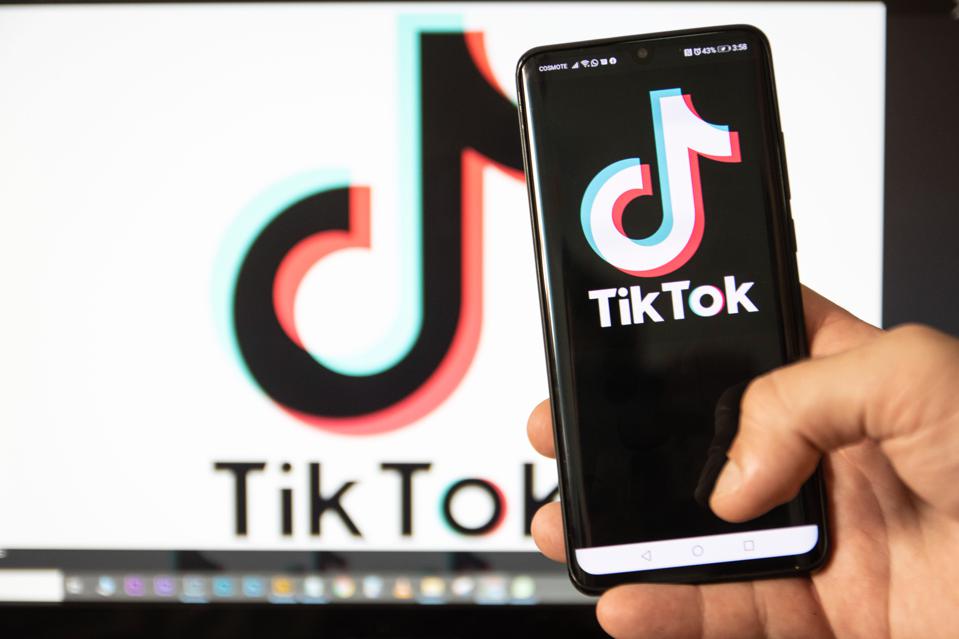In the weeks since Facebook decided not to take action on a series of controversial Trump posts — including one during the racial justice protests that said “looting” would lead to “shooting” — the company and its CEO have faced pushback from employees, politicians and even scientists backed by Zuckerberg’s philanthropic organization. But more than any of these other protests, the advertiser boycott could pose a deeper threat to Facebook and its core business. Nearly all of Facebook’s roughly $70 billion in annual revenue last year came from advertising dollars.
A significant chunk of that came from big brands, said Laura Martin, an industry analyst at Needham & Co. — and big brands have only become more vital to Facebook as smaller advertisers scale back or go out of business due to the pandemic.
Facebook did not immediately respond to a request for comment. In a statement Friday after Unilever’s announcement, Facebook stressed the steps it’s taken to protect its platform, including banning hundreds of white supremacist organizations and investing in artificial intelligence to find and crack down on harmful content.
“We invest billions of dollars each year to keep our community safe and continuously work with outside experts to review and update our policies,” said company spokesman Andy Stone. “We know we have more work to do, and we’ll continue to work with civil rights groups, GARM, and other experts to develop even more tools, technology and policies to continue this fight.”
Facebook may be vulnerable, but Zuckerberg is not
Despite some similarities, Facebook is less susceptible to outside pressure than most businesses, experts say. It’s led by a CEO, Mark Zuckerberg, who exercises complete voting control over the company and can’t be removed by shareholders. And that could vastly complicate the campaign to hit Facebook where it hurts.
“Disney couldn’t do this, and Apple couldn’t do this. They’re run by committee,” Martin said. “If it was a company run by committee, they would have to react, because the committee — the board of directors — would be threatening to fire the CEO to protect revenue. That doesn’t have to happen here.”
Indeed, Facebook appeared to strike a defiant tone earlier in the week. “We do not make policy changes tied to revenue pressure,” Carolyn Everson, Facebook Vice President of Global Business Group, wrote in an email to advertisers this week obtained by CNN. “We set our policies based on principles rather than business interests.”
Whether the boycott will even have a measurable impact on Facebook’s bottom line still remains very hazy. That’s partly due to the number of participating brands, the timing of the campaign, and ambient factors such as the pandemic that may make it challenging to link any potential dip in Facebook revenue directly to the boycott. Additionally, there are few alternatives in reaching audiences the size Facebook can offer, along with a nearly unmatched data trove for ad targeting. The earliest any impact could become apparent will be when the company reports its third quarter earnings results this fall.
Of the companies that have joined the boycott so far, only three — Unilever, Verizon and the outdoor equipment retailer REI — rank among the top 100 advertisers on Facebook, according to data compiled by Pathmatics, a marketing intelligence firm. In 2019, Unilever ranked 30th, spending an estimated $42.4 million on Facebook ads. Verizon and REI were 88th and 90th, respectively, spending an estimated $23 million each.
Much of the rest of Facebook’s ad revenue comes from small and medium-sized businesses, ad executives say. It would likely take tens of thousands of them, acting over a significant period of time, to put a big dent in Facebook’s bottom line.
The uncertain road ahead
Since the #StopHateForProfit campaign asks for businesses to pause advertising only during the month of July, companies that stick narrowly to the campaign will only deny revenue to Facebook for a matter of weeks. That may show up as barely a blip, if at all, in Facebook’s quarterly earnings, said Nicole Perrin, principal analyst at the market research firm eMarketer.
Nancy Smith, president of the advertising consulting firm Analytic Partners, said a driving factor for many of the participating companies is “brand safety” — the desire for their advertisements not to show up beside conspiracy theories or hateful rhetoric. As they stop investing in Facebook and Instagram, she said, many marketers will redirect those dollars. Unilever said Friday it would be shifting its own US digital ad budget to other platforms.
“For our clients, we would advise them to reallocate those funds,” said Smith. “Reallocating to other social media, potentially; reallocating to other digital publishers; reallocating to linear TV; reallocating to platforms like Hulu.”
Then there’s the pandemic, which has already driven a slowdown in the digital advertising industry this year. Companies scaled back dramatically on ad spending in March and April, and some, like Verizon and Patagonia, were just beginning to reinvest in Facebook ads when #StopHateForProfit began, according to Pathmatics’ research.
As Covid-19 infection rates begin spiking again nationwide, it’s going to be “extremely difficult to tease out” the reasons behind any slump in advertising numbers, Perrin said.
“It’s going to be a very political argument where folks on the boycott side will want to say they had an effect, whereas those on the other side will say the boycott didn’t really work,” said Perrin. “It’ll be tough.”
Until Zuckerberg himself decides to change the limits of free expression on his platform, Facebook may simply lose brands until only those that don’t object to the company’s conduct or who cannot survive without the platform’s reach are left, Martin said.




